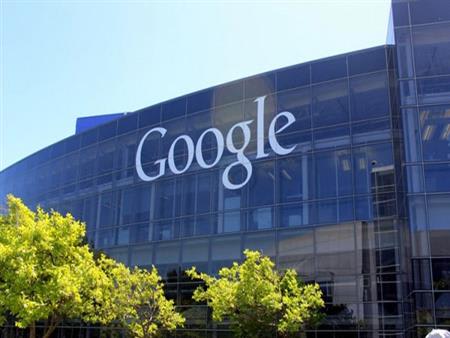Google warns of the consequences of dismantling "Chrome" in its legal battle with the US government.

Google faced the United States government in a federal court session on Friday, May 30, discussing official recommendations to dismantle the "Chrome" browser from the parent company after proving monopolistic practices in the online search market. This session concludes three weeks of arguments, with the final ruling expected in August.
The U.S. Department of Justice calls for strict measures against Google, including selling the Chrome browser, ending exclusive agreements with phone manufacturers that make Google the default search engine, and forcing the company to share search data with competitors.
On the other hand, Google's lawyer, John Schmidtlein, defended the company's position, considering that separating Chrome would have a significant negative impact. He said, "Separating Chrome from Google will deprive it of much of what makes it what it is today. I don't understand how anyone can claim that such an action will enhance competition."
He pointed out that the majority of Chrome users are outside the United States, warning that the decision "will negatively affect millions of users around the world, for whom Chrome represents their primary window to the internet."
Google presented alternative solutions, such as making the Google Play store available without requiring manufacturers to pre-install Chrome or the search engine. However, the government representative, David Dalkowitz, rejected these proposals, saying, "Separating entities by creating subsidiaries is not an extreme measure, but a common practice in similar competition cases, and has proven successful in the past."
Schmidtlein confirmed that the government did not provide sufficient evidence to prove that competitors would gain a larger share without exclusive agreements, citing Verizon, which continued to use Google's search engine despite owning Yahoo! since 2017 without the need for a formal contract.
This legal battle takes place at a time when the traditional search engine is facing increasing pressure from artificial intelligence tools such as "ChatGPT" and "Bertplexity," which are now offering advanced search alternatives.